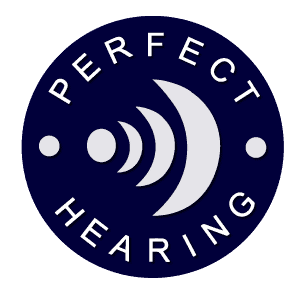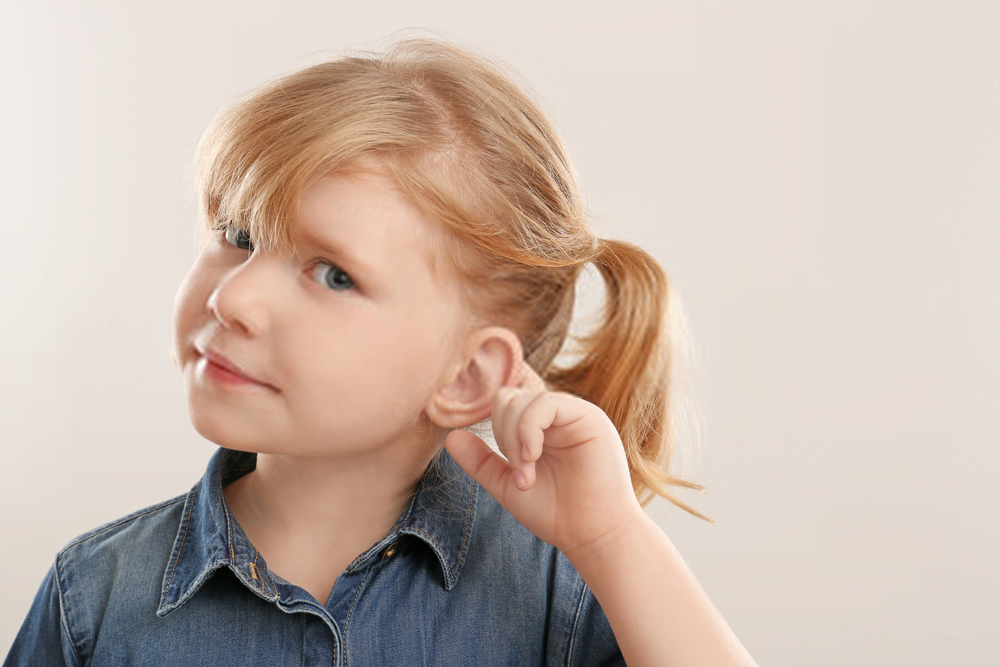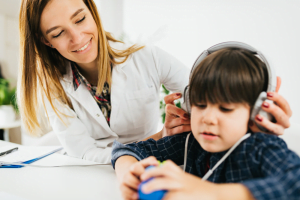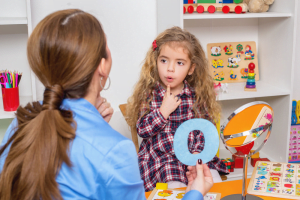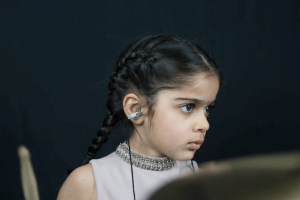When it comes to children, instead of calling it aural rehabilitation, it will be more proper if it is called “aural habilitation”. “Rehabilitation” aims to restore a lost skill. In the case of children, the skill may not be there initially, so for it to be mastered, it has to be taught. Thus such services would be “habilitative” rather than “rehabilitative.”
Certain services provided for children depend on their personal needs and the current age of the child. This includes the age when hearing disability started, the age it was found, the degree of hearing loss and the age when the child began to use a hearing aid. Another factor that affects the aural rehabilitation scheme is the communication mode the child chooses. Below are a few examples of communication modes used by most children:
- Auditory-oral
- American Sign Language
- Total communication
- Cued Speech
- Manually coded English
In children, hearing loss is accompanied by a breakdown in speech and language learning. Early detection and the immediate use of hearing aids to enhance perfect hearing has proven to have a huge effect on the language learning abilities of a child suffering from hearing defect. Babies who suffer from hearing loss can reach language development on the same level as their peers.
Aural habilitation or rehabilitation services for children normally include:
1. Training in auditory perception
To attain perfect hearing, children with hearing loss will have to take part in activities that will enhance their awareness to sound, help them identify sounds, and assist them in differentiating between sounds (sound discrimination), and attach meanings to sounds.
An ear specialist can handle the training program, which helps the child boost his or her ability to differentiate one word from another using any remaining hearing. Auditory perception also involves creating skills in hearing with the help of hearing assistants and assistive listening gadgets, and also how to manage easy and challenging listening situations.
2. Utilizing visual hints
This is more than just differentiating sounds and words that proceed from the lips. It involves the use of various types of visual cues that provides meaning to a message like the facial expression of the speaker, the speaker’s body language, including the environment where the communication is happening.
3. Enhancing speech
Speech enhancement involves skill development in creating speech sounds (by themselves, in both words and conversation), voice quality, speaking rate, breath control, intensity and speech pattern. If you reside in Penang, Malaysia, an ear specialist in Penang can recommend certain skills that can help in improving the speech of your kid.
You can either take your kid to an ENT clinic for any necessary tests or recommendations, or you can decide to opt for home service whereby the specialist comes to your home rather than you visiting them.
4. Developing language
This means being able to understand language (reception) based on developmental expectations. It is a very challenging process that includes ideas, vocabulary, knowledge of words, use in diverse social settings, narrative ability, expression via writing, comprehending the laws of grammar, etc.
5. Handling communication
This is about how well the child understands his or her condition, how such a child can create assertive skills in different listening scenarios, how he or she can handle communication failure and changing situations to ensure that communication isn’t difficult.
6. Handling Hearing Aids and Assistive Listening Devices
Since children are provided with hearing devices, at such a tender age, early care and modification are essential, and this should be carried out by family relations or caregivers. Children must take part in hearing aid care and management.
Final Thoughts
Children with hearing disabilities ought to be provided with the best possible care due to their age. Also, parents should help them understand their hearing issues so that they can handle it better. Seek for the help of an ear specialist who can teach them alternative hearing and communication methods. In severe cases, you can either provide your kids with hearing aids or prepare to take them in for surgery. For more information, get in touch with us.
